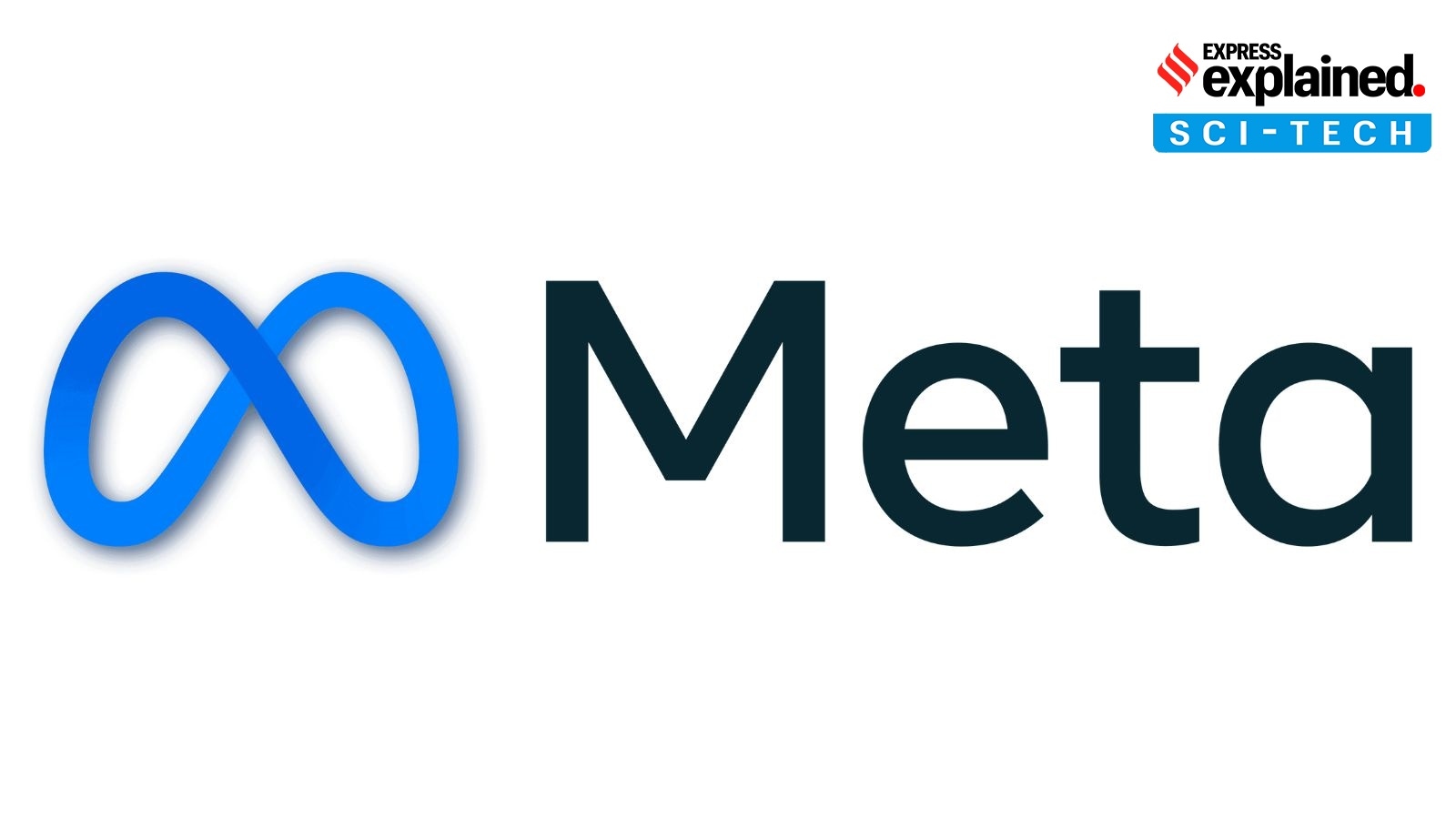 |
|
Meta's recent decision to discontinue its independent fact-checking program in the US and replace it with the Community Notes system has sparked considerable debate. This shift, announced in a blog post titled 'More Speech, Fewer Mistakes,' represents a significant change in Meta's approach to content moderation across its platforms, including Facebook, Instagram, WhatsApp, and Threads. The move has drawn criticism from various sources, including the International Fact-Checking Network (IFCN), raising concerns about the effectiveness and potential biases of the new system. For nine years, Meta relied on IFCN-certified fact-checkers to identify and flag misinformation, a system implemented following the 2016 US presidential election and concerns over Russian disinformation campaigns. These fact-checkers followed a rigorous process, meticulously reviewing content and citing sources, ultimately influencing the visibility of flagged posts. Meta's rationale for the shift is that experts, like everyone else, possess biases that impact their choices regarding fact-checking. However, the IFCN counters that their fact-checkers adhere to a code of principles promoting impartiality and transparency. The decision also coincides with political pressure from the current administration, further fueling criticism and suspicion.
The core of Meta's new strategy is Community Notes, a crowdsourced model previously piloted by Twitter (now X) as Birdwatch. This system allows users to contribute facts and context to posts, and a note only appears if enough contributors deem it helpful. This is predicated on the belief that broader participation improves accuracy, with X already implementing a system where contributions need to be rated helpful by users who historically disagree. Meta's implementation aims to ensure diverse perspectives, explicitly stating that agreement between users with varying viewpoints is crucial to prevent skewed ratings. The system includes features designed to mitigate potential issues; including using auto-generated aliases to protect contributors’ identities and temporarily locking out users who repeatedly contribute unhelpful notes. The process of contribution starts with rating existing notes, with the ability to create notes only granted to users with a six-month-old account and verified phone number, all designed to prevent malicious manipulation of the system. The public availability of all contributions allows for analysis of trends and the identification of potential problems. Meta’s adoption of Community Notes promises a different approach to content moderation, but questions remain concerning its actual effectiveness.
Despite Meta's efforts to address potential challenges, concerns persist regarding the efficacy and fairness of Community Notes. The crowdsourced nature of the system raises the risk of coordinated manipulation and the potential for biased or inaccurate information to proliferate. While X employs algorithms aimed at preventing one-sided ratings and identifying dissenting perspectives to create more robust checks and balances, there's no guarantee that this will completely mitigate the risk of bias or manipulation. A key concern revolves around the system's ability to handle nuanced political news, where the interpretation of facts often plays a pivotal role. Fact-checkers go through a detailed process, verifying information through various sources. Community Notes, on the other hand, relies on the collective wisdom of the crowd, which may lack the same level of expertise and rigorous verification. The system's limitations are amplified considering it may fail to stop the spread of misinformation to platforms outside of Meta's ecosystem. The shift from a professional, independent fact-checking program to a crowdsourced system represents a significant gamble with potential far-reaching consequences for information integrity on social media. The long-term effectiveness of Community Notes in combating misinformation remains to be seen, and ongoing monitoring and adjustments will be crucial to minimize its potential flaws.
Ultimately, the success of Meta's Community Notes initiative hinges on several crucial factors. Firstly, it requires widespread participation from users who are committed to providing accurate and helpful information. A significant challenge lies in motivating enough people to contribute meaningfully and consistently while also combating coordinated efforts to manipulate the system. Secondly, the algorithms designed to detect and prevent manipulation must prove effective in identifying and neutralizing such attempts. If the system is easily gamed, it could become a tool for spreading misinformation rather than curbing it. Thirdly, Meta needs to develop mechanisms for handling disagreements and ensuring that a broad range of perspectives is considered. If the system favors certain viewpoints or allows for easily silencing of opposing views it will negate the system’s intended purpose. The transparency of the process is another critical factor; Meta needs to be open about how the system works and how decisions are made, allowing for scrutiny and accountability. The lack of direct oversight from established fact-checking organizations could potentially lead to a decrease in the accuracy and reliability of information presented. The long-term effects of this decision by Meta are uncertain, and time will tell whether Community Notes provides a viable alternative to professional fact-checking or proves to be an inadequate substitute. The debate surrounding the effectiveness of crowdsourced fact-checking versus expert-led fact-checking is likely to continue for some time to come.
Source: Meta’s new move: What are Community Notes and can they really replace fact-checkers?
